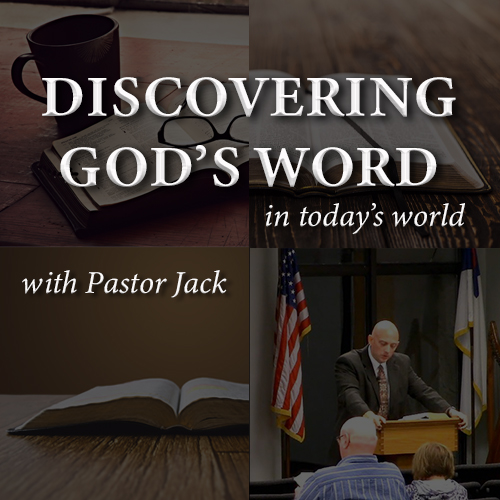
Lord, have mercy on my son: for he is lunatick, and sore vexed: for ofttimes he falleth into the fire, and oft into the water. And I brought him to thy disciples, and they could not cure him. (Matthew 17:15-16)
While Christ was on the Mount of Transfiguration with Peter, James, and John, the other nine disciples were left working in the valley. Each had heard Christ preach, seen his miracles, and were under his tutelage; yet they were powerless in their calling. Spiritual privilege did not equal spiritual power. Due to their failure, the Lord provided instruction on how to work in the valley.
- The Valley of Need.
And wheresoever he taketh him, he teareth him: and he foameth, and gnasheth with his teeth, and pineth away: and I spake to thy disciples that they should cast him out; and they could not. He answereth him, and saith, O faithless generation, how long shall I be with you? how long shall I suffer you? bring him unto me. And they brought him unto him: and when he saw him, straightway the spirit tare him; and he fell on the ground, and wallowed foaming. And he asked his father, How long is it ago since this came unto him? And he said, Of a child. And ofttimes it hath cast him into the fire, and into the waters, to destroy him: but if thou canst do any thing, have compassion on us, and help us. (Mark 9:18-22)
Masses of needy people were in the valley. Among the needy was a boy who was deaf to the gospel. He was also dumb (the devil controlled his mouth). He was dysfunctional in behaviour, casting himself in the fire. He was in decline (“he pineth away”). The Father of the poor boy came to the only group of people on earth that could possibly assist, but Christ’s disciples were powerless to help! God’s people failed to minister with God’s power leaving the oppressed suffering.
- The Valley of Rebuke.
Then Jesus answered and said, O faithless and perverse generation, how long shall I be with you? how long shall I suffer you? bring him hither to me. (Matthew 17:17)
Instead of saying, “It is okay; at least you guys tried,” Jesus rebuked the disciples for leaving the man and his son in the miserable bonds of Satan. Powerlessness was inexcusable.
- The Mountain of Prayer (vs. 41-42)
And he said unto them, This kind can come forth by nothing, but by prayer and fasting. (Mark 9:29)
The nine disciples were rich in experience but poor in the faith that could move mountains. They had logged in many ministry hours but were running short on prayer and fasting.
By contrast, Peter’s, James’, and John’s spiritual tanks were not on empty. They had just come down from the mountain of prayer where “they saw no man save Jesus only.” (Matt. 17:8)
The “inner circle” (Peter, James, and John) on the Mount of Transfiguration were eyewitness to the Glory of Christ. There they witnessed the prayer warriors Moses and Elijah speaking with Jesus concerning the cross. They saw Moses and Elijah in their fellowship they had with Christ on earth now continuing throughout eternity. From Mount Sinai, Mount Carmel, and onto the Mount of Transfiguration, Moses and Elijah taught an important lesson. We should begin each day, decision, or ministry endeavor with Jesus on the mountain of prayer before we come down to the valley of need because “this kind cometh forth by nothing but by prayer and fasting.”
